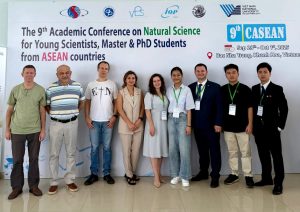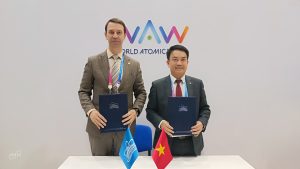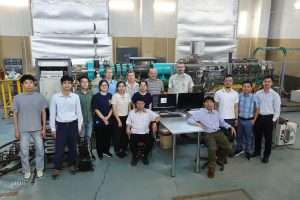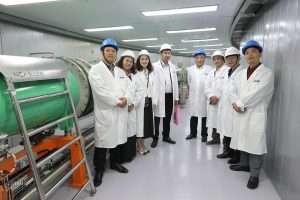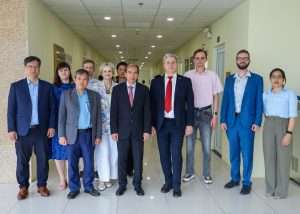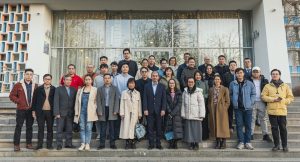
Young Vietnamese researcher wins JINR Awards for Young Scientists and Specialists for 2025
On December 16, the judging panel, comprising leading scientists and experts in various fields from JINR, announced the results of the “AYSS JINR Awards” competition for young scientists and specialists under 36 years old. Aimed at developing and supporting science and education, the AYSS JINR Awards are annual Awards given by JINR to young scientists and specialists with the most outstanding scientific research and applications in five nominated categories: Scientific and research theoretical works; scientific research experimental work; scientific-methodical and scientific-technical works; scientific and technical applied works; and Technical and applied works. Researchers with outstanding research results, selected by the jury based on the results of the 29th International Scientific Conference of Young Scientists and Specialists (AYSS-2025) and the 14th Conference of Young Scientists and Specialists “Alushta-2025“, are invited to participate in this year’s competition. Accordingly, the jury recognized 11 prizes across 5 nominations. Among them, Vietnam is honored to have young researcher Pham Thi Duyen winning Third Prize in the “Scientific-Methodical and Scientific-Technical works” nomination. This is a recognition of the efforts and endeavors of young Vietnamese scientists at JINR. Congratulations to the young Vietnamese scientists honored in this year’s competition, and we wish the guys further scientific success and new victories.

